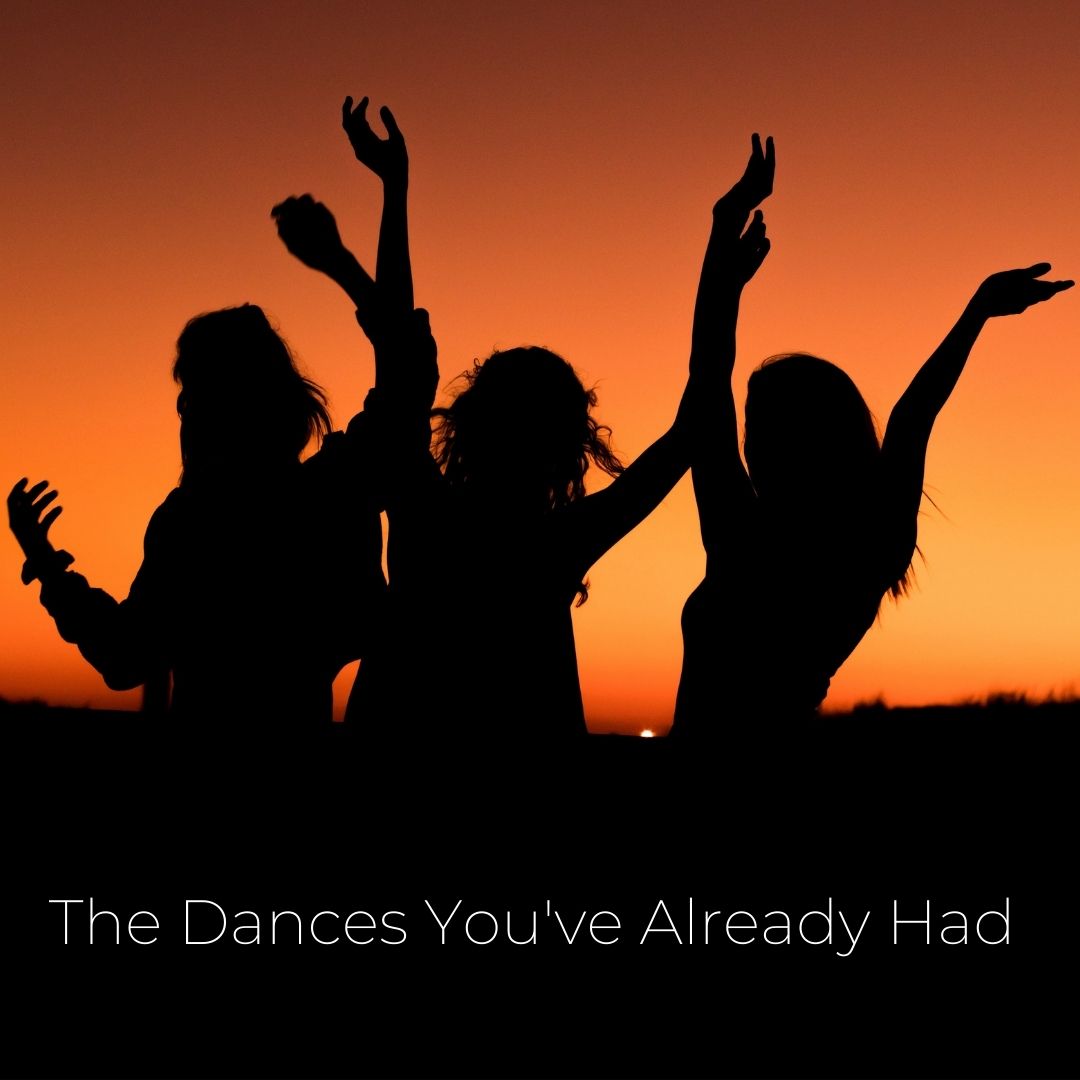
No matter what, nobody can take away the dances you've already had.
— Gabriel García Márquez, 1927-2014
Gabriel García Márquez was a Colombian writer. He remains best known for his epic 1967 novel, One Hundred Years of Solitude, a fantastical story concerning seven generations of a single family living in the fictitious South American town of Macondo. Márquez plumbs themes related to fortune and misfortune and how they mix together, leaving the reader in the end to conclude that human nature has a way of ensuring that history repeats itself.
When asked if he'd like to someday win the Nobel Prize in Literature, Márquez quipped, "I would certainly be interested in deserving it." He eventually won the award in 1982—the Nobel Committee extended to him the honor "for his novels and short stories in which the fantastic and the realistic are combined..."
These were apt words as Márquez was the chief progenitor of the literary style now known as "magical realism" in which a writer places the supernatural, the whimsical, and the unbelievable in the mundane context of an everyday setting. Márquez said his style developed as he remembered the way his maternal grandmother used to tell him stories when he was a boy. She'd drop extraordinary events, people, and things into her tales "as if they were simply an aspect of everyday life," he recalled. "What was most important," Márquez recollected, "was the expression on her face. No matter how supernatural and fantastic the event, she told them with complete naturalness—not chang[ing] her expression at all." His novels, he acknowledged, only came together when he began to write and communicate them with "the same expression with which my grandmother told them."
With this approach, Márquez began to create characters who were, for instance, constantly followed around by bright yellow butterflies—a symbol of love and infinite hope. He created scenes like the one in One Hundred Years of Solitude in which a woman named Remedios the Beauty ascends into the heavens on a windy day having been caught up in a sheet she was pinning to a clothesline. In Márquez's final novel, he wistfully penned a memorable line which captures another way of grasping the idea of magical realism: "No matter what," he wrote, "nobody can take away the dances you've already had."
The origin of dancing remains a mystery, but it is undeniably a universal thing. It must bestow some sort of evolutionary advantage upon us as we've been dancing quite a while, and we, whose genes have so stoutly persisted in this world, are still doing it today. The oldest cave painting which likely represents human dancing is in the south of France and dates from around 35,000 years ago. And dancing seems to be deeply programmed into our wiring as research has shown that infants as young as three months of age respond to musical pulses with spontaneous limb movements. Dancing floods our endocrine system with happy chemicals like dopamine and endorphins. Dancing has been shown to reduce the risk of dementia in the elderly. Psychologically, it enables us to self-induce the soothing effect of being rocked as we were as babies. Physiologically, we know modern health clubs typically offer a variety of classes combining music and different forms of dancing because it reduces the perception of exertion as we exercise.
If we open up our imaginations, the fantastic and the real really do combine magically in the human experience of dancing. Pair this notion with the concept of memory and we see its potency even more clearly. Think about it: it's not terribly hard for most of us to reach back into our minds to a magical but very real moment in our past which involved a beautiful dance. A middle school crush, a high school prom, a college party, a wedding reception, an amazing concert, an anniversary date, maybe just a little celebratory jig in your living room when your team won, or in the backyard, one hand in the air, when something turned out especially well.
The phenomenon of what happens when we dance and how we're able to so miraculously access and bring forth the most beautiful of our memories—the sights, the sounds, the feel—provides persuasive evidence that this world which God has made—the one we inhabit right now—is not without its own brand of magic. Which all leaves us with this: if you ever feel the shadow of misfortune eclipsing your day, recall the arresting and durable power embedded inside the memory of the dances you've already had. And knowing that human nature has a history of repeating itself, there are surely more dances ahead, both magical and real.
Amen.
— Greg Funderburk





